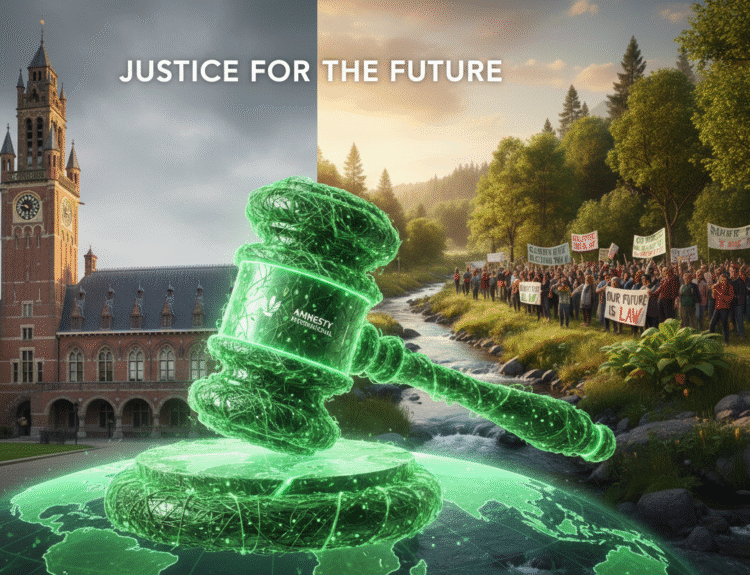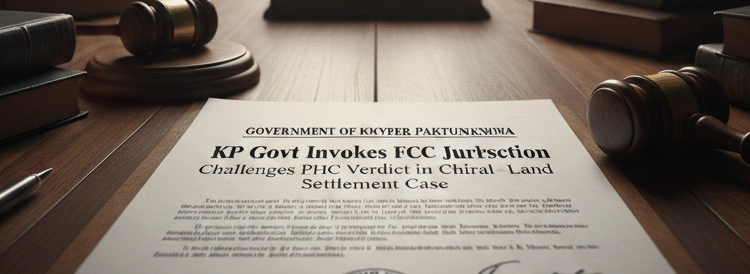A day ago International Court of Justice announced to conduct public hearings on December 2, 2024 relating to its advisory opinion on states’ obligations regarding climate change.
The UN General Assembly (UNGA) adopted by consensus a 2023 resolution seeking an advisory opinion from the International Court of Justice (ICJ) on states’ climate change obligations. The UNGA sought answers to two questions: (1) under international law, what are the climate change obligations that states have, and (2) what are the legal consequences if a state causes environmental damage, harming both vulnerable small island developing states and present and future generations?
The UNGA asked the ICJ to consider environmental obligations under various international legal instruments such as the UN Charter, the Paris Agreement, and the Universal Declaration of Human Rights. By including human rights instruments in its question, the UNGA signaled recognition that climate change obligations are a possible human rights issue.
This is the third climate change-related advisory opinion brought to international courts in the past year and builds on fresh international developments. Earlier this year, in May, the International Tribunal for the Law of the Sea provided an opinion that defined greenhouse gas emissions as a form of marine pollution and advised that states must “take all necessary measures to prevent, reduce and control marine pollution from greenhouse gas emissions.” Also in May, the Inter-American Court of Human Rights began hearings on whether Latin American states have human rights obligations to manage climate change, with a decision expected by the end of 2024.
This oral hearing announcement follows the year-long written submission process, during which the ICJ received the most submissions it has ever received for an advisory opinion, 91 written submissions, and 62 rebuttals. The volume and interest in this advisory opinion highlight its potential landmark impact on international climate change obligations. The ICJ decides whether and when to release the 91 written submissions. If it chooses to do so, the submissions will be made available after December 2, 2024, when oral proceedings begin.
ICJ advisory opinions are legally non-binding on UN member states; however, they are authoritative legal documents. How this advisory opinion came about supports member states abiding by the opinion because the resolution was adopted by consensus, meaning all member states agreed on it. This adds significant weight to the opinion and will act as a powerful moral suasion once released.





